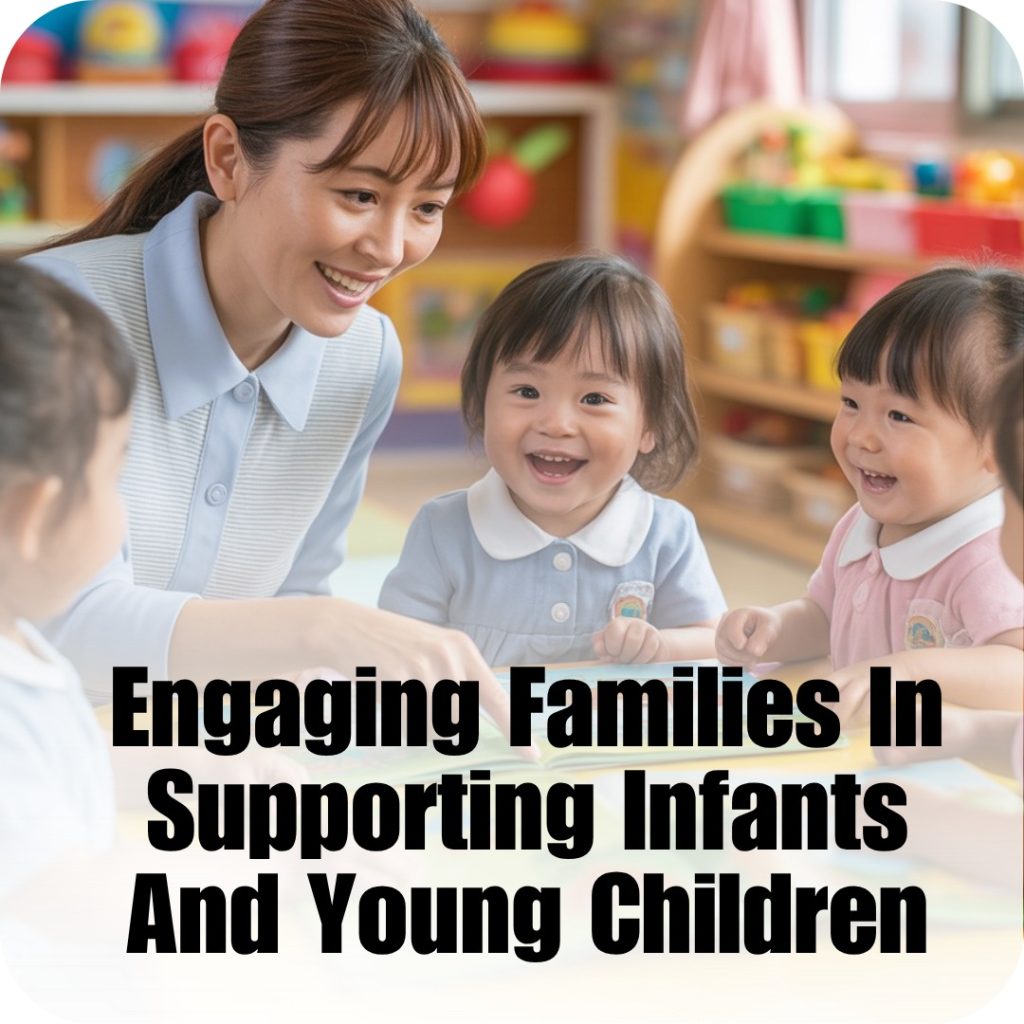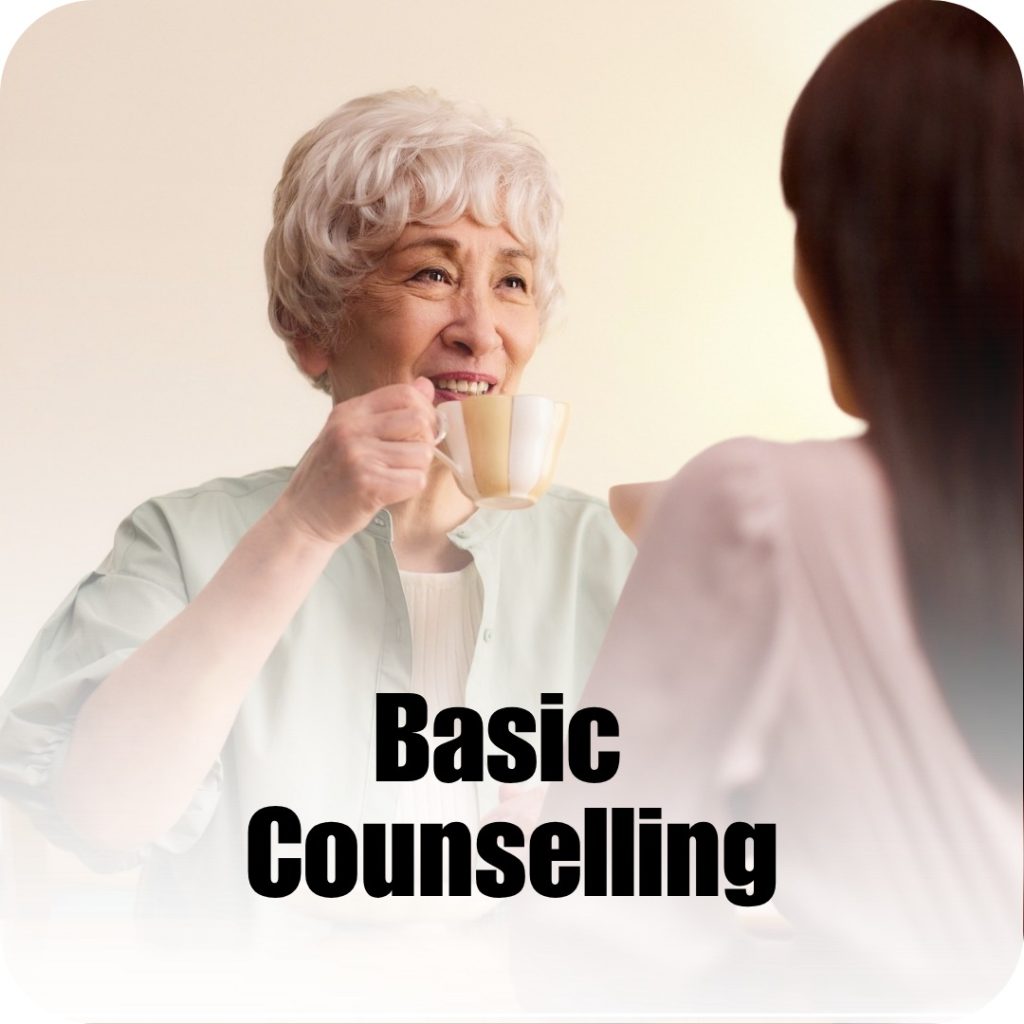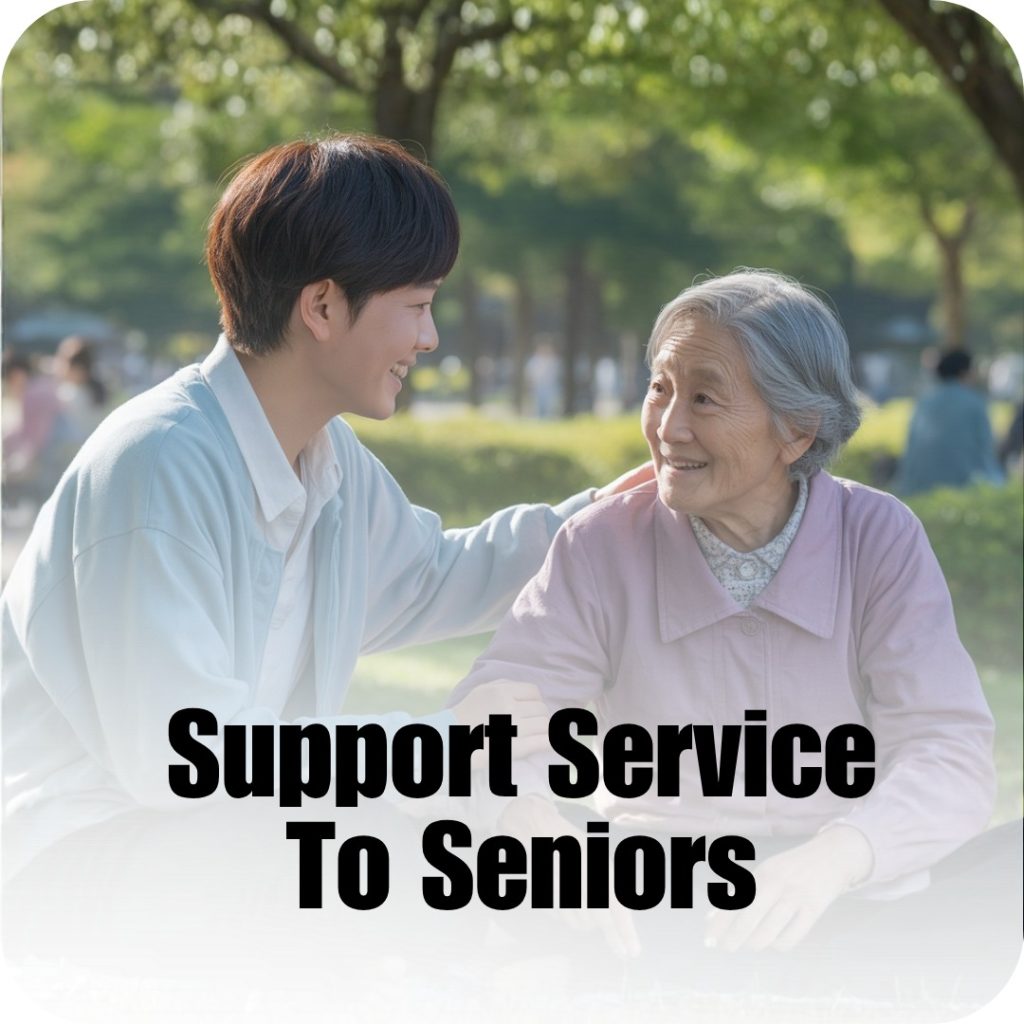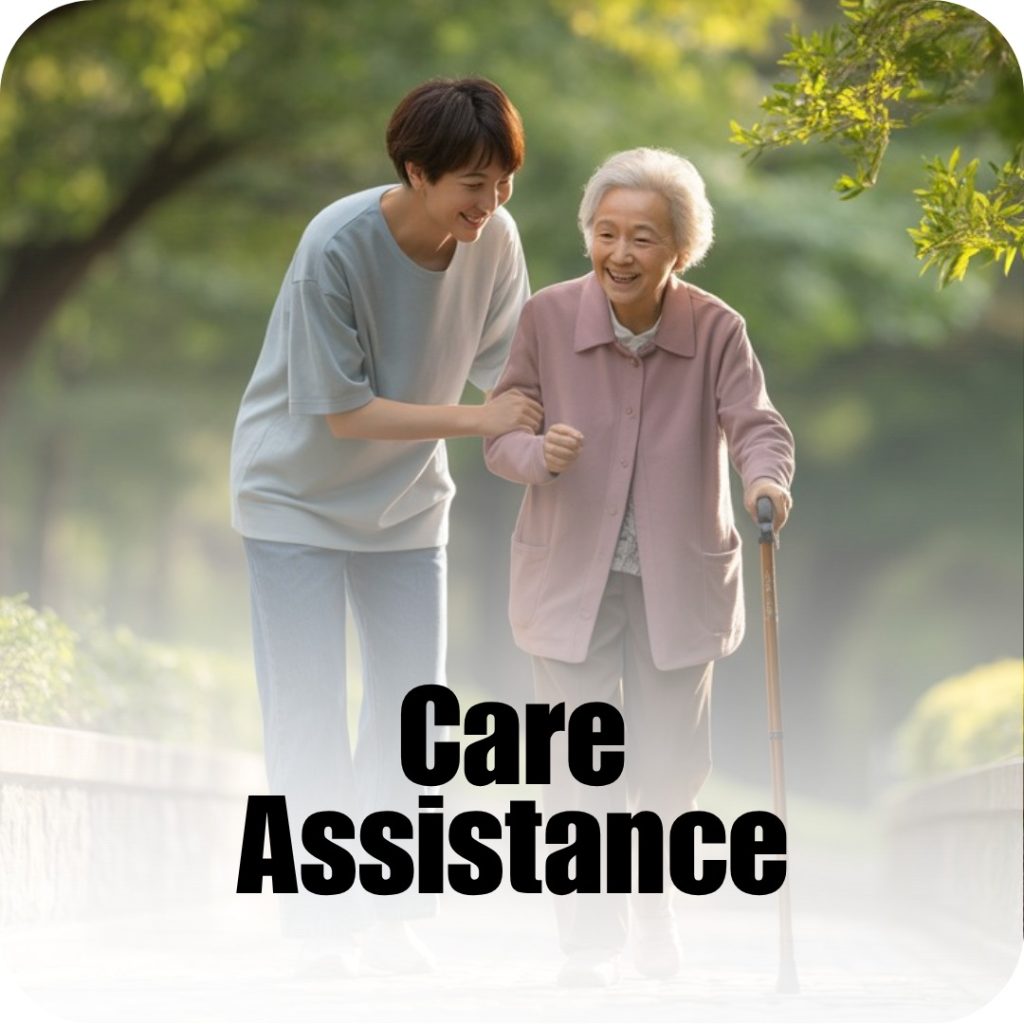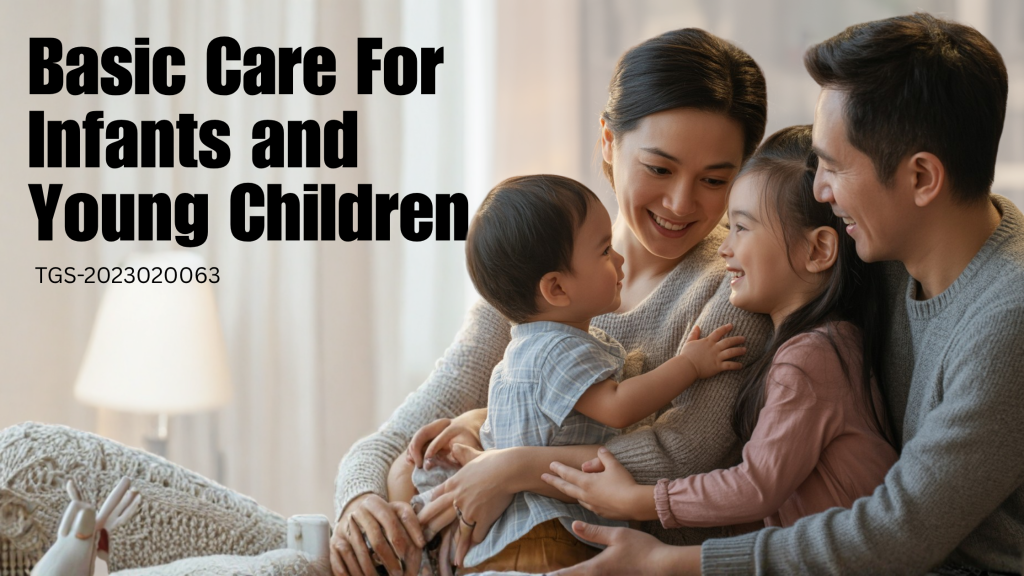
Why Take This Course?
Caring for an infant or young child is one of the most rewarding — and challenging — responsibilities. Whether you are a new parent, grandparent, early childhood educator, or aspiring infant caregiver, this hands-on course equips you with the skills, confidence, and compassion needed to provide quality care.
You’ll learn how to read a child’s cues, understand a child’s emotional development, build secure relationships, and create a safe, nurturing environment that supports their physical, emotional, and cognitive development.
Lessons are specially crafted by experienced paediatricians, psychologists and educators. This course goes beyond routine care — you’ll discover how to foster trust, emotional intelligence, and secure attachments between caregiver and child, grounded in the latest research in early childhood psychology and paediatric care.
“This course gave me the confidence to care for babies on my own — I finally understand their cues and needs!”
— Nur A., Preschool Assistant (Graduate, 2024)
Who Should Enrol
This course is ideal for:
Parents or grandparents caring for infants and toddlers
Aspiring infant care educators or assistants
Domestic helpers and nannies supporting young families
Mid-career switchers exploring the early childhood sector
Anyone passionate about early childhood development and care
No prior experience required — our trainers guide you step by step.
What You’ll Learn
Through practical lessons, demonstrations, and group activities, you’ll gain essential caregiving skills across five key areas:
Building Secure, Loving Relationships
Understand children’s emotional needs and cues
Encourage trust, attachment, and confidence
Apply positive communication and gentle caregiving techniques
Supporting Growth and Development
Learn activities that foster physical, cognitive, and emotional development
Create safe and stimulating environments for learning through play
- Recognising and adapting to different child temperaments and emotional needs
- How to handle tantrum and meltdowns
Practical Infant Care Techniques
How to set up routine for ease of caregiving: Feeding, bathing, diapering, and safe sleep practices
Hands-on demonstration of infant massage techniques for better sleep, digestion, and bonding
Evidence-Based and Empathy-Led Learning
Our curriculum combines the latest insights in child psychology, developmental science, and attachment theory:
Emotional coaching for infants and toddlers
Routine design for stability and predictability
Sensory and behavioural understanding
Gentle discipline and communication
Developmental milestone tracking and response
Each module blends interactive learning, reflection, and real-life simulation to build both knowledge and empathy.
Meet Your Trainers
Our trainers are experienced educators and practitioners with years of experience in infant and early childhood care.
They bring real-world examples and gentle guidance to help every learner succeed — whether you’re a new parent or a professional caregiver.
“I appreciated how patient and knowledgeable the trainer was — every lesson was practical and relevant.”
— Melissa T., Mother of 2 (Graduate, 2024)
Certification & Accreditation
This course is part of the Workforce Skills Qualifications (WSQ) framework and is SkillsFuture Credit-eligible.
Upon successful completion, participants will receive a Statement of Attainment (SOA) in Basic Care for Infants and Young Children (TGS-2023020063).
The course is jointly developed by paediatric specialists, early childhood educators, and child psychologists — ensuring every learner receives evidence-based, empathy-led training aligned with Singapore’s highest caregiving standards.
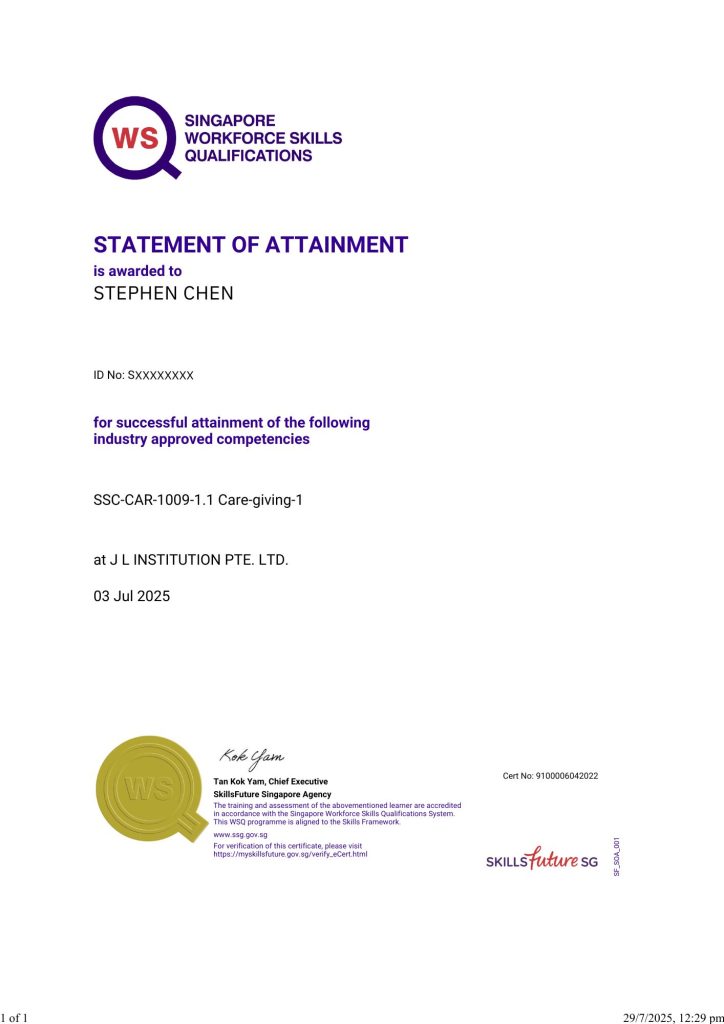
Course Information
- 2-days
- 16hr (15hr training, 1 hr assessment)
- 9am – 6pm
- Lesson conducted in our classroom
- Hands-on baby massage technique training
Course Fee
Singapore Citizen | Singapore Citizen | Permanent Resident (PR) |
Course Fee: $500 | Course Fee: $500 | Course Fee: $500 |
50% Subsidy: – $250 | 70% Subsidy: – $350 | 50% Subsidy: – $250 |
Nett Fee: $250 | Nett Fee: $150 | Nett Fee: $250 |
Use your SkillsFuture Credits directly
PSEA supportable
NTUC UTAP members can have up to 50% reimbursement on out-of-pocket cost after course completion
Frequently Asked Questions
Q: I have no childcare experience. Can I still join?
Absolutely! This course is designed for beginners and new caregivers. You’ll receive hands-on guidance throughout.
Q: Is this certificate recognised?
Yes, this is a WSQ-accredited course endorsed by SkillsFuture Singapore, widely recognised by preschools and early childhood organisations.
Q: Will I receive a certificate?
Upon completion and assessment, you’ll receive an official Statement of Attainment (SOA) from SkillsFuture Singapore.
Minimum Entry Requirement:
- 21 years and above
- Possess minimally a Primary Level and/or listen, speak, read, and write English at a proficiency level equivalent to Employability Skills System Workplace Literacy (WPL) Level 3
- Use numeracy skills equivalent to the Employability Skills System Workplace Numeracy (WPN) Level 3
- Minimum 3 months of working experience
Course Validity Date:
12/04/2023 to 11/04/2027

